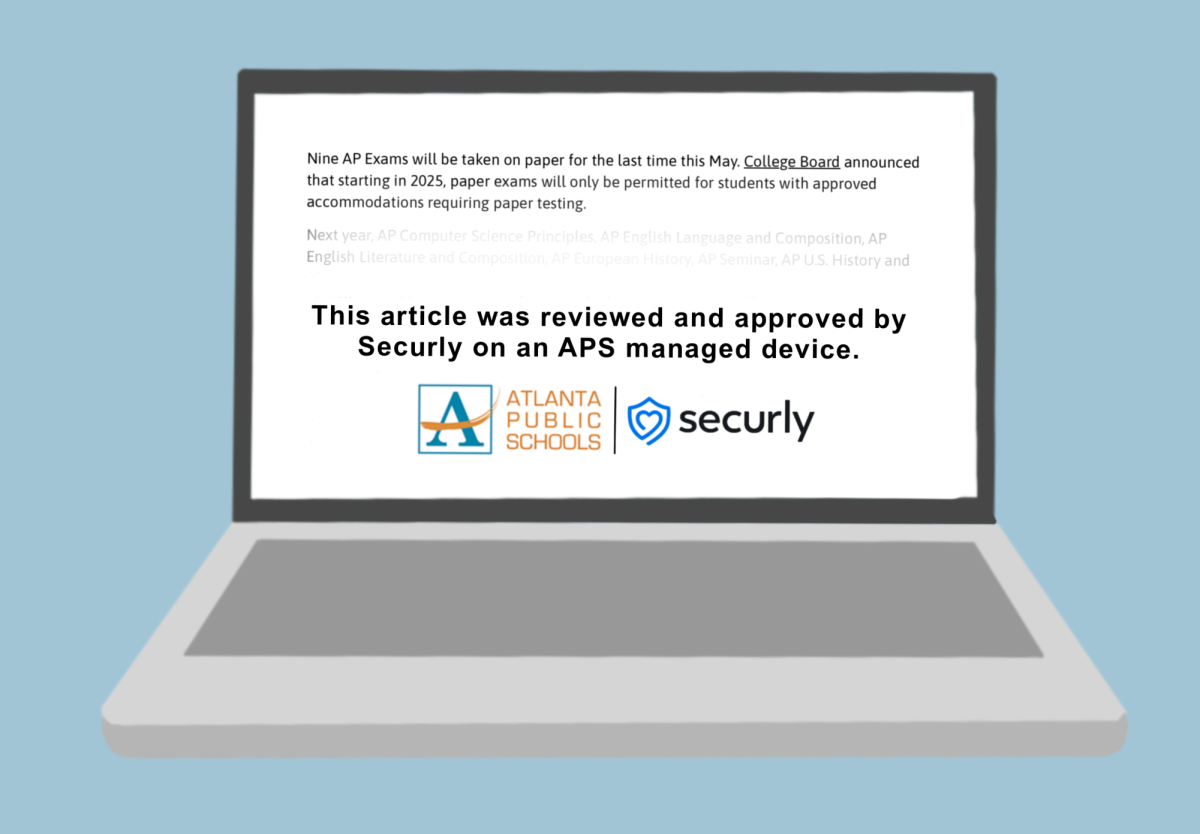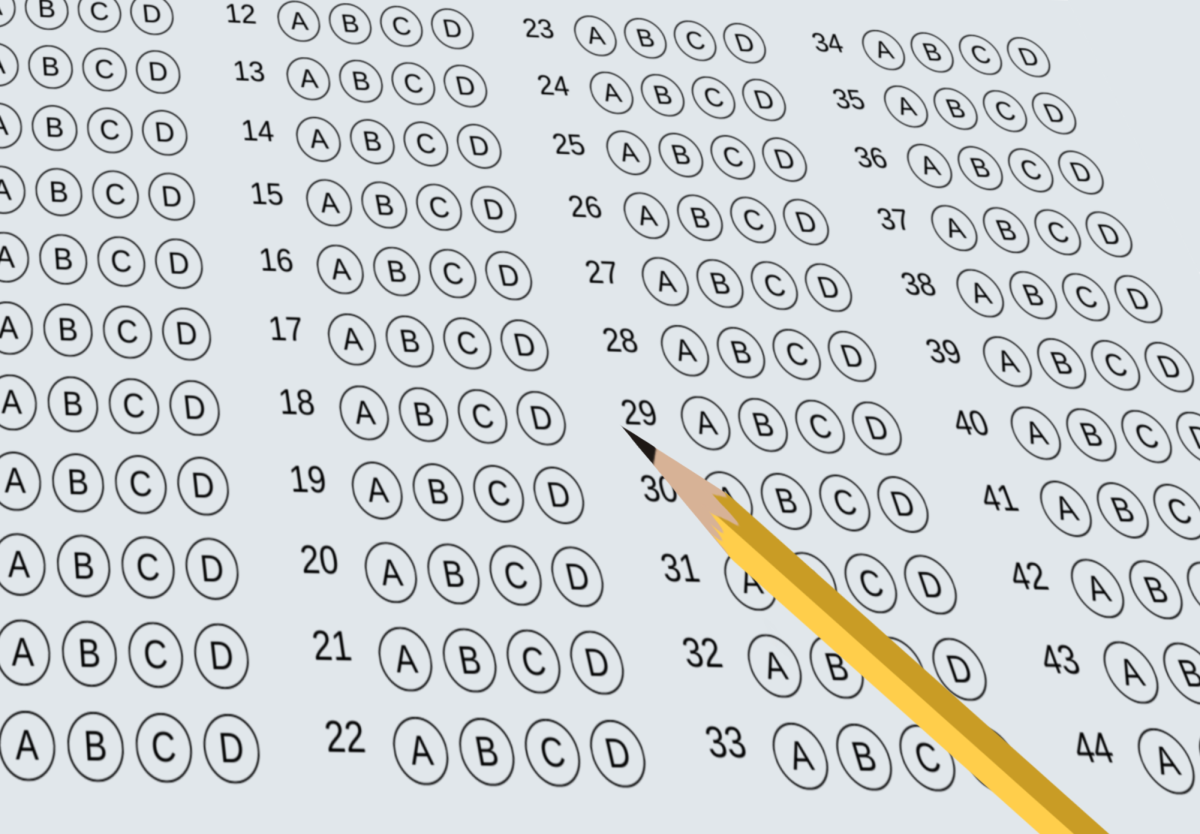By Anya Lomsadze
When I took the ACT in September, I felt confident that I would do well on the math section. After all, I’m taking AP Calculus, a class with material that college readiness tests don’t even touch. So I was very surprised to see a problem about a topic I was just beginning to learn in my calculus class. This raised a question: is the math at Grady preparing students for the ACT and SAT?
The SAT and the ACT exist to indicate a student’s “college readiness,” allowing colleges to predict how well students will do academically at their schools. The skills tested on these tests are expected to be developed as students progress through school, so it would only make sense that school curriculums align with the standards tested on the ACT. However, the structure of math education in Atlanta Public Schools (APS) does not adequately prepare students for college readiness tests.
There are three main “tracks” of math classes in APS. Students get lobbed into each on one fateful day in fifth or sixth grade, when they take a seemingly inconsequential placement test. I remember taking mine at the beginning of sixth grade in the cafeteria. I was pulled out of class to take it and was only notified of it a couple of days before. I must have been feeling good that day because I got put into the “Accelerated Math” pathway, where I learned a year and a half of math material each year.
The Accelerated Math pathway meant I got to take Pre-Calculus as a sophomore; honors math students take it their junior year, and regular math kids take it senior year. Taking the class is vital for success on the ACT and SAT. Beyond being part of the standardized test curriculum, Pre-Calculus gives students a deeper understanding of past material. Unfortunately, most students at Grady do not get exposure to the material at all or early enough to be ready for the ACT and SAT.
Most people take the SAT and ACT their junior year or early senior year, so to have been exposed to all the math the need, students would need to have taken Pre-Calculus their sophomore year. Only Accelerated Math lets students take the class their sophomore year. Those in the Honors math track learn Pre-Calculus concurrently to taking their tests. And most unfortunately, those on the regular math track will not have taken Pre-Calculus by the time they need to send their SAT and ACT scores to colleges. The structure of APS math education puts students on the normal and even the honors math track at a significant disadvantage for standardized tests and subsequently, college admissions.
A significant part of a student’s college application—classes, GPAs, and ACT/SATs—is predetermined by an inconspicuous math placement test in the fifth grade. I know people who were sick the day they took the test and ended up in a different math track from the one they could have thrived in. Now, if they have time between the chaos of high school, students have to learn new material they have not been exposed to in order to take their SATs and ACTs. The math on these tests is already tough for the people on the Accelerated math track. Regular and Honors math students have an extra burden to learn the material.
APS needs to level the playing field in math classes. Students should not be shelved into abstract math categories that predetermine their success on standardized tests. Ideally, the math curriculum ought to be reformed to where no matter what level of math a student is in, they are exposed to all the skills they need for college readiness. If that can’t happen, APS should at least look to reforming the placement test process, like giving kids multiple opportunities to take them and informing students and parents of the consequences their test scores will have. One unassuming test must not have the power to affect a student’s high school and college career.












